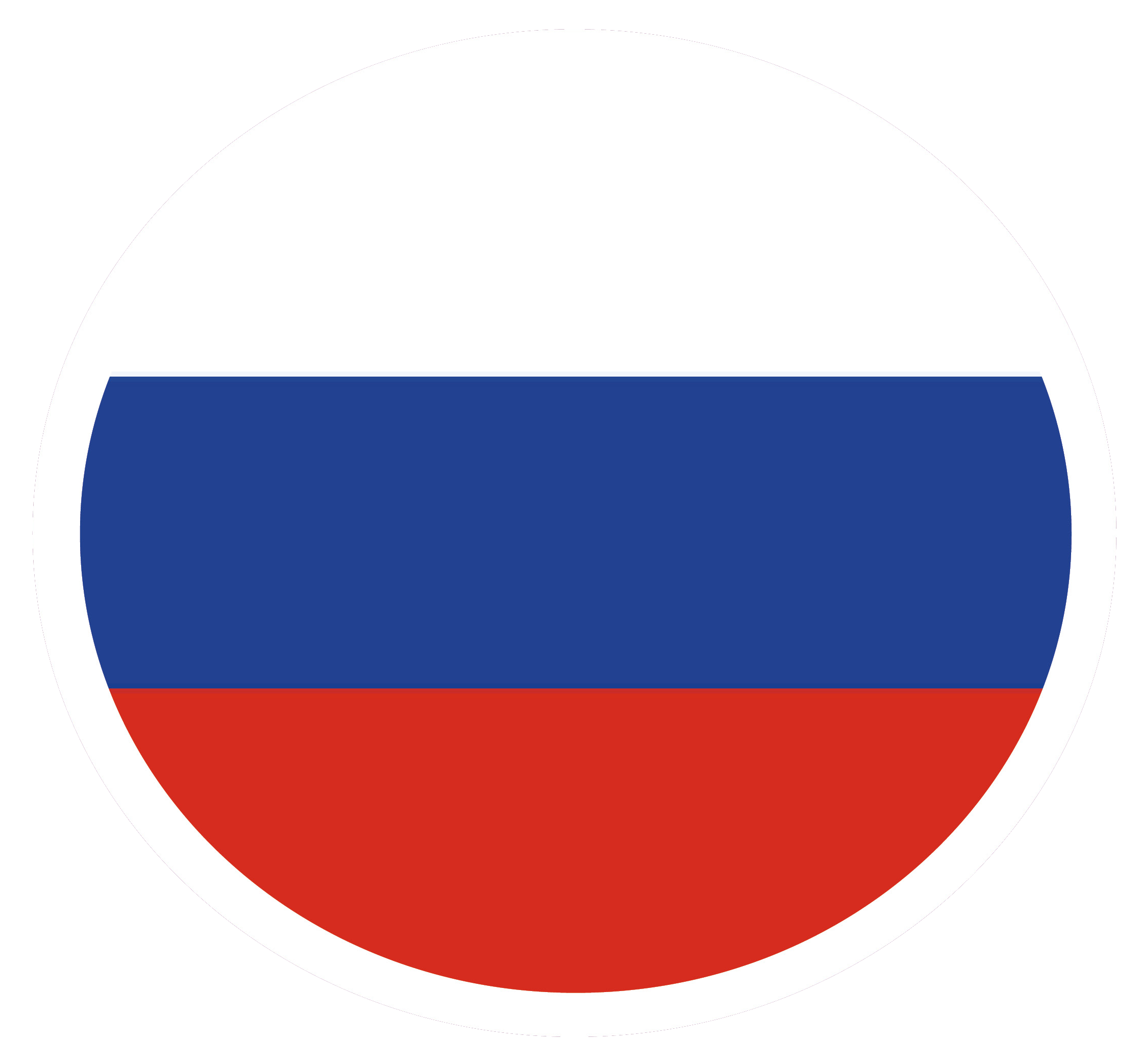Strength theoretical and applied research:
- determination of the stress-strain state of vessel’s, apparatus’s and pipeline components, exposed to pressure and thermal effects (pressure up to 320 MPa and temperature ranging from -70°C to over + 450 °C);
- temperature fields calculation taking into account the heat exchange with external and internal media;
- design of vessels and apparatuses operating under the low-cycle and cyclic loading and creep conditions;
- computational and theoretical research on increasing the service life of vessels, apparatuses, pipelines and other technical devices.
Applied research in the field of physical metallurgy:
- corrosion-resistance and corrosion rates of materials subjected to hydrogen, hydrogen sulphide, ammonia hydrazoic, and other media under the pressure up to 50 MPa and at temperatures up to 550 °C;
- corrosion effects (hydrogen saturation, nitriding, etc.) on the bearing capacity of apparatuses at temperatures from – 20 to + 550 °C;
- impact ductility of steels and welds at the temperatures ranging from – 70 to + 600 °C on samples with various types of cuts and determination of their critical brittle points for calculating constructions on resistance to brittle fracture;
- structure and mechanical properties of the material of equipment that has reached the specified service life;
- coercive force of structural steel during the deformation and fracture (uniaxial tension and compression);
- chemical composition of structural steels and non-ferrous alloys;
- magnetic properties of various structural steels during deformation and fracture.
Development of the calculation methods for nonstandard equipment designing.
Investigation of process equipment vibration:
- development of the methods for evaluation of safe operation life for pump and compression equipment and pipelines exposed to vibration;
- calculation of dynamic properties of pipeline systems;
- development of strength calculations software.





 ИркутскНИИхиммаш
ИркутскНИИхиммаш